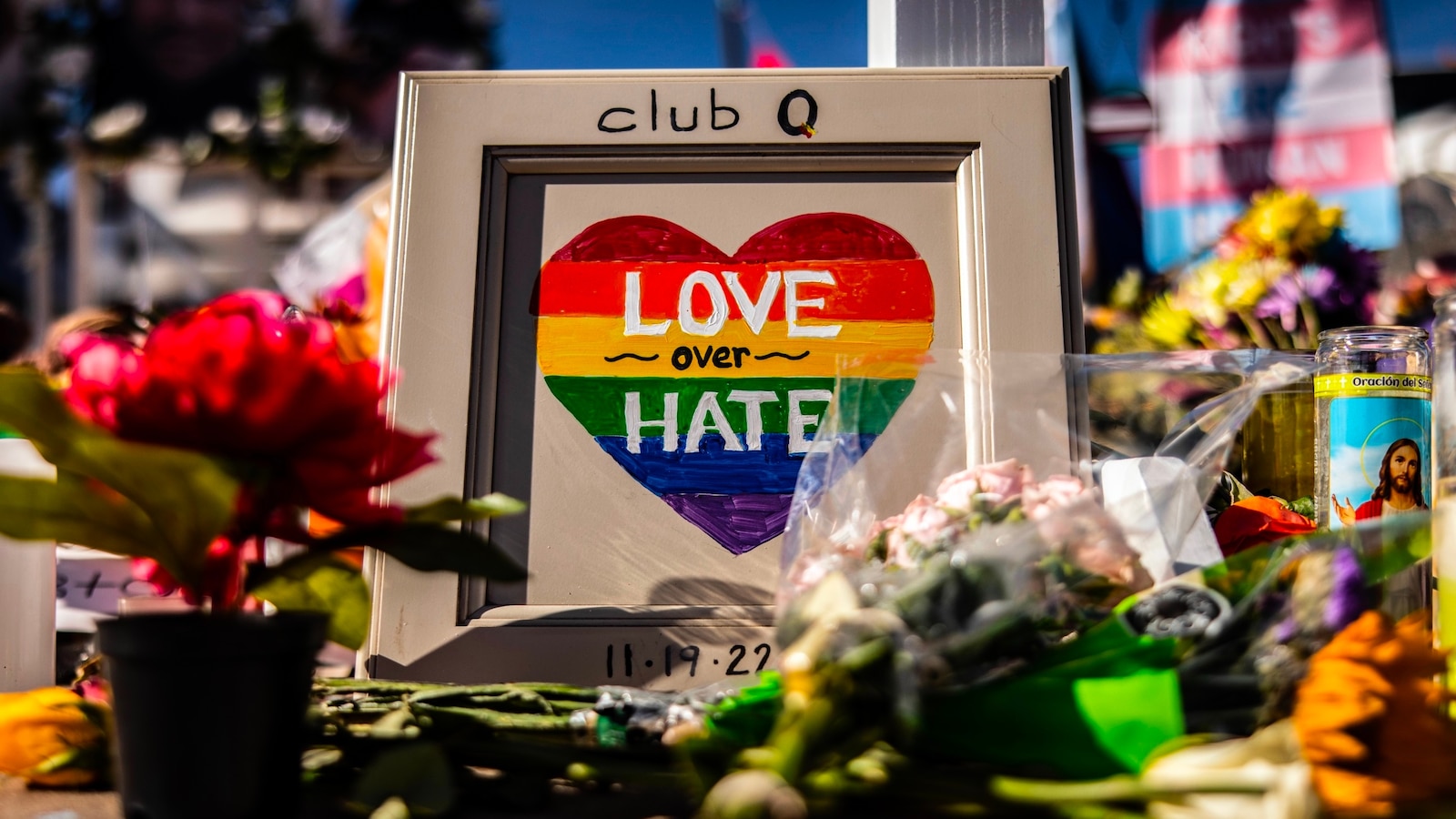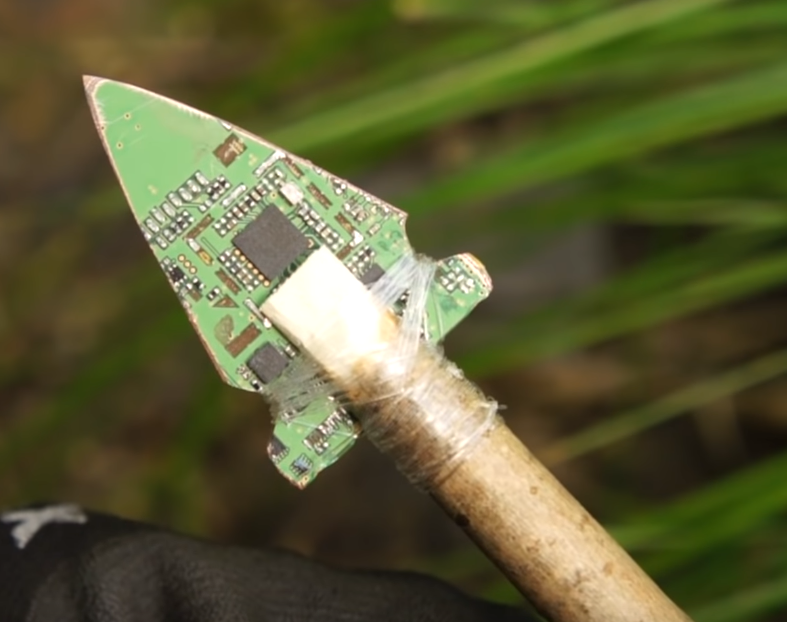Five people were killed in the attack on the LGBTQ bar.
The shooter who killed five and injured over a dozen more at an LGBTQ nightclub in Colorado Springs, Colorado, in 2022 accepted a plea deal Tuesday in connection with federal hate crimes charges and was given 55 concurrent life sentences.
Anderson Lee Aldrich pleaded guilty to each of the 74 charges of violating provisions of the Matthew Shepard And James Byrd, Jr., Hate Crimes Prevention Act of 2009 as well as gun crimes in the Club Q shooting. Aldrich initially pleaded not guilty.
United States District Judge Charlotte N. Sweeney accepted the plea agreement, sentencing Aldrich to life imprisonment without the possibility of parole, to be followed by a 190-year sentence of imprisonment.
This is the guy who’s dad – upon hearing that his son shot up a gay club – immediately thought that his son might be gay and was worried about that, but then was relieved that the son had only killed gays.
You have a link? I don’t remember reading about that.
https://www.theguardian.com/us-news/2022/nov/24/colorado-springs-shooting-father-interview
In a series of interviews, Aaron Brink told San Diego’s CBS8 that when he first received a telephone call from his child’s public defender, his first reaction was to question why his child was in the club.
“And then I go on to find out it’s a gay bar. I said, ‘God, is he gay?’ I got scared, ‘Shit, is he gay?’ And he’s not gay, so I said, ‘Phew …’”
I thought, surely this is out of context right? the next quote:
Brink, a mixed martial arts coach, told CBS8 that he had taught his child to fight, saying he had offered praise “for violent behavior really early. I told him it works. It is instant and you’ll get immediate results.”
Took my daughter to Inside Out 2 the other day. I really appreciate all these films and shows that put such an emphasis on feelings and kindness.
I feel so bad for the children out there with such shitty parents. The Oxford shooter’s parents come to mind.
Wow, what a total piece of shit. A small glimpse into the kind of father that raises a hateful, murderous monster
And the cycle repeats, again and again, until there’s nobody left
deleted by creator
Good. This was an unconscionable crime and the defendant has not demonstrated significant contrition (the allocution phase of the plea agreement must have been interesting); however, capital punishment is barbaric and has no place in society.
I think people sentenced to life in prison should have a right to choose execution instead.
This is an interesting point I haven’t seen before. I think I agree, but only after suicide for medical patients is legal. And also, what about people not in a life sentence (whether a shorter sentence or someone not incarcerated)? Should they have any legal outlet?
Is there a difference between wanting to kill yourself and not wanting to live through a life sentence?
This is an approach to life sentences I’ve considered before; I would suggest the prisoner could only petition for execution after being incarcerated for a significant period (20 years or so maybe?) and having exhausted all possible legal appeals. The delay is there to ensure it’s not a decision taken in desperation and haste. By that point, if any new evidence to exonerate them is going to turn up, it probably has, although I acknowledge that’s not always the case.
I’m not sure I’d equate it to voluntary euthenasia as the prisoner isn’t leaving jail alive either way. On the other hand, I can see why linking the two makes sense too.
I would suggest the prisoner could only petition for execution after being incarcerated for a significant period (20 years or so maybe?) and having exhausted all possible legal appeals.
And having to have lived with the consequences of their actions for a signifigant period of time.
No taking “the easy way out” of their punishment.
deleted by creator
Might have to start revisiting capital punishment if governors/presidents continue to use sell pardons.
Good, may he live a long, miserable life in prison.
Personally, I’d rather he reflect and better himself. I’m not entirely comfortable wishing suffering and misery on someone.
If only our justice system was about rehabilitation and making amends instead of about vengful punishment that ends up harboring a cycle of abuse that finds its way back into society.
You’re a better person than me.
Honestly, I think I’m just fatigued. Retribution isn’t going to bring back the dead or curb hate crimes in the future. Ultimately, I hope those that are guests of the carceral system are treated well because they’re being made to cede their freedom to the state.
It’s times like these I can kinda understand why pillories have been a thing.
If it wasn’t for the fact that I don’t trust the state whatsoever to put the right people into pillories, I’d support their return.
Yeah, you’re definitely that kind of person.
The kind of person who thinks that people should have the opportunities to throw rotten vegetables at assholes, but only if they’re definitely guilty? Sure.
I believe the pillory was more of a public rape facilitator.
I’m pretty sure it wasn’t since the only woman someone could legally rape at the time was their wife.
A night in the stocks was considerably worse than having rotten fruit thrown at you.
Worse than murdering five queer people because you’re a bigot?
Federal… Fuck that means pardonable
Federal and State are both pardonable, it is just different entities.
Federal means no parole.
My guess is, the concern is thinking that if Donald Trump is re-elected, he would pardon this guy.
Oh that’s true
It’s also a lot rougher place to be.
So does state if the Governor is inclined. But with both having life+ sentences there’s little chance he goes anywhere.
Why the plea deal? Was the case against him not strong enough?
It saves the government and courts (and by extension tax payers) a whole lot of time and money. There’s no need for a normal trial and all the extra crap that comes of that (like appeals). It also removes/reduces the risk(s) of a death penalty sentence (much more expensive than a life sentence), further trauma for the victims as well as their friends and families, and avoids the extremely unlikely but still possible chance that the accused is found not guilty or uses some other legal maneuver to avoid real consequences.
Life in prison without the possibility of parole, plus 190 years, and the defendent waves almost all of his appeal rights. All of that without needing to go through the efforst, expense, and trauma of a trial. The prosecutors were only able to get this deal because the case against them was so strong.
And yet Tik Tok is going to be banned since it is too dangerous
deleted by creator
The death penalty is always more expensive for tax payers than life in prison. Just be honest and admit you enjoy your blood lust fantasies. https://deathpenaltyinfo.org/policy-issues/costs
deleted by creator











